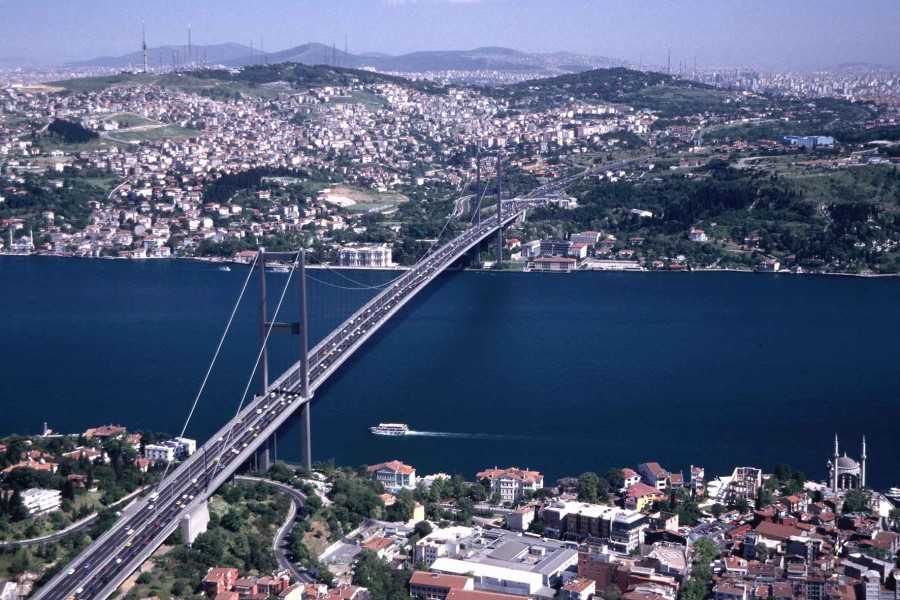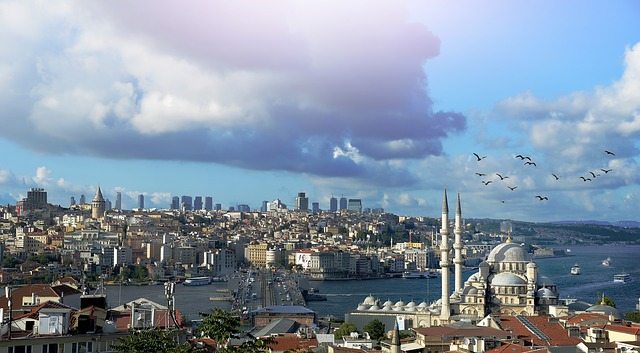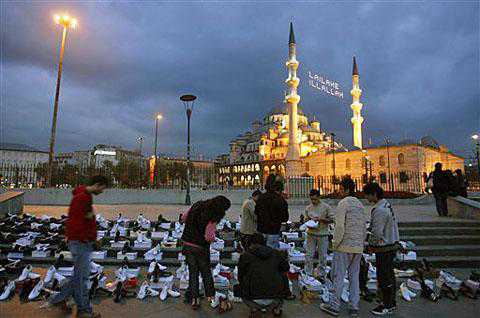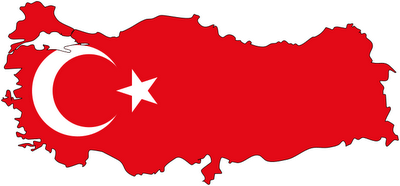By SEBNEM ARSU
Published: July 28, 2008
ISTANBUL — Two bombs exploded within minutes of each other late Sunday in a crowded pedestrian area of Istanbul, killing at least 16 people and wounding more than 150 in what the city’s governor called a terrorist attack.
The double bombing appeared to be the worst case of terrorist violence in Turkey in nearly five years and seemed to take the Turkish authorities by surprise. There were no immediate claims of responsibility, although Kurdish separatist militants were initially suspected.
Residents in buildings near the explosion sites hung Turkish flags from their windows and balconies in reaction to rumors that the separatists were responsible.
There was no obvious reason the Istanbul neighborhood that was bombed, which is almost completely residential, had been the object of a terrorism plot.
The first blast, which the police and witnesses said was relatively minor, attracted scores of onlookers curious about the commotion, with at least some of them thinking it was caused by a gas leak explosion. Many of the onlookers were then hit by flying shrapnel and debris in the second, more powerful blast about 10 minutes after the first and about 20 yards away, the governor of Istanbul, Muammer Guler, said in a news briefing broadcast by Turkish television.
Witnesses described a scene of panic with victims lying on the street in pools of blood. The bombings seemed timed to exploit the summer pastime of many residents of the pedestrian area of Gungoren, in central Istanbul, to stroll in the cool late evening before going to bed.
“It’s surely a terror attack, there’s no doubt,” Governor Guler said. “Because people were gathered after the first explosion, and because the second explosion happened right after, people sitting right across got severely injured.”
Senol Simsek, a witness who provided first aid to the wounded, told the NTV television network that he had seen at least five people lying and writhing near a telephone booth that was destroyed. The police quickly sealed off the entire area and closed it to all traffic.
Hayati Yazici, deputy prime minister who happened to be visiting Istanbul on Sunday, visited the bombing site and told the Anatolian News Agency: “It is obvious that this is the work of a villain organization, a person or people, however it is not certain as to who this is. Our friends are investigating, it will be discovered for sure.”
The double bombing appeared to be the most serious terrorist attack here since twin truck bombings at two Istanbul synagogues killed 23 people and wounded more than 300 on Nov. 15, 2003. An obscure group linked to Al Qaeda took responsibility for the synagogue blasts, which were the worst in a series of explosions blamed on Islamic extremist groups that year that killed more than 60 people.
President Abdullah Gul, in a written statement, denounced the attack here Sunday and said Turkey remained committed in what he called the struggle against terrorism. “Nothing can be achieved by terror, violently claiming lives of the innocent,” Mr. Gul said. “These attacks show the inhumanity and misery of the assailants.”
Officials were continuing investigations and analysis at both explosion sites to determine the precise cause and motives behind the attack, Turkish news organizations reported.
There was initial speculation that the bombings might have been the work of the P.K.K., or Kurdistan Workers’ Party, an insurgent group that has been fighting the Turkish Army for autonomy in the southeast area of the country adjoining Iraq.
Earlier Sunday, the Turkish military announced that its fighter jets had attacked 12 Kurdish separatist targets in Iraq’s Qandil region and that it had inflicted an unspecified number of “terrorist casualties.”
Lynsey Addario contributed reporting.






